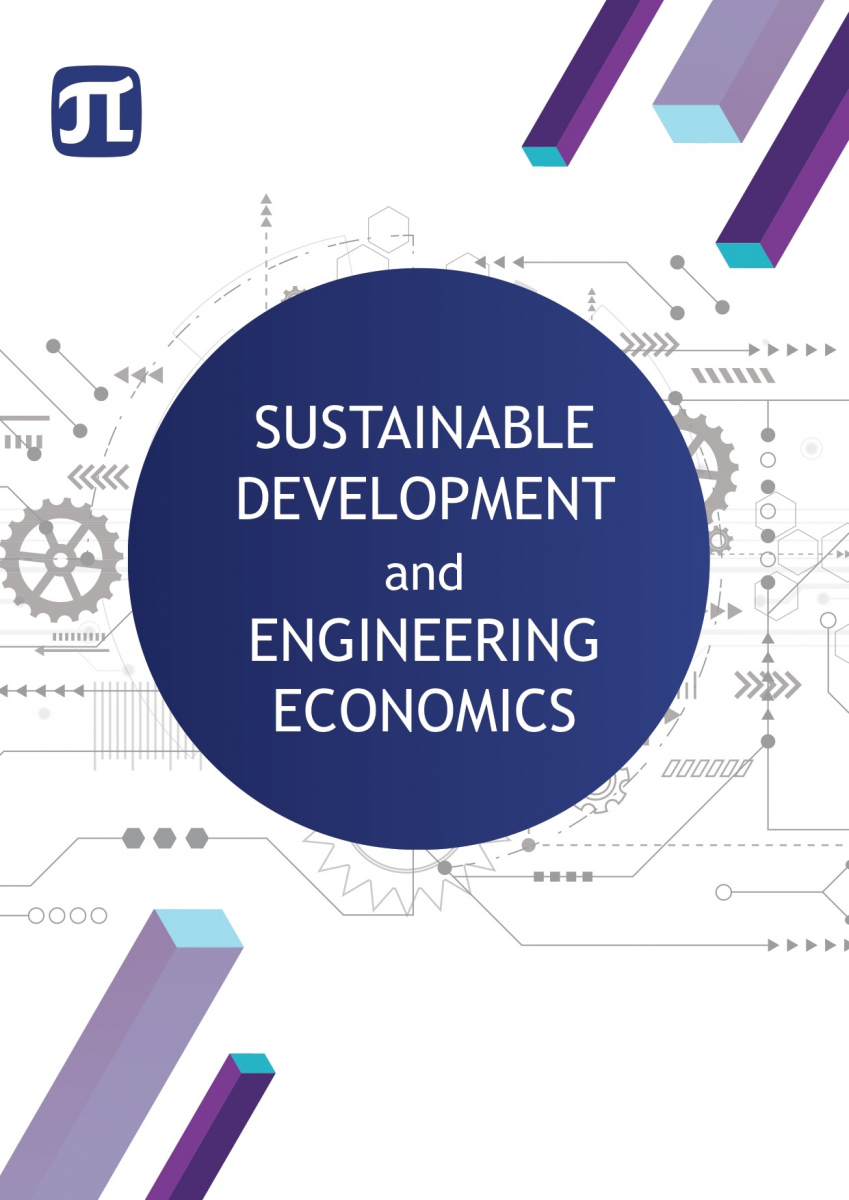Role of Subsidies in Stimulating Economic Growth in China: Prospects for Expanding the Social Credit System
This study examines the role of government subsidies and private sector lending in stimulating China's economic growth while assessing the prospects for expanding the social credit system. This study covers the period from 1990 to 2023 and is based on data from the National Bureau of Statistics of China, the World Bank and the International Monetary Fund. The paper applies theoretical analysis, as well as correlation and regression methods, to assess the long-term impact of various types of subsidies on macroeconomic indicators. The article examines theoretical models describing the relationship between social subsidies and economic growth and analyzes government subsidy programs. Special attention is given to the analysis of the social credit system, which evaluates the behavior of citizens and organizations, encouraging compliance with laws and regulations to enhance social stability and predictability in economic agents' behavior. The findings demonstrate significant correlations between the volume of social subsidies and economic growth, indicating that social subsidies encourage household spending. However, the long-term effectiveness of subsidies in increasing productivity and innovation remains limited. In conclusion, it is noted that there is a need to improve the mechanisms for distributing subsidies and integrating the social credit system in order to achieve more effective economic growth, taking into account the need to maintain social stability in Chinese society.


